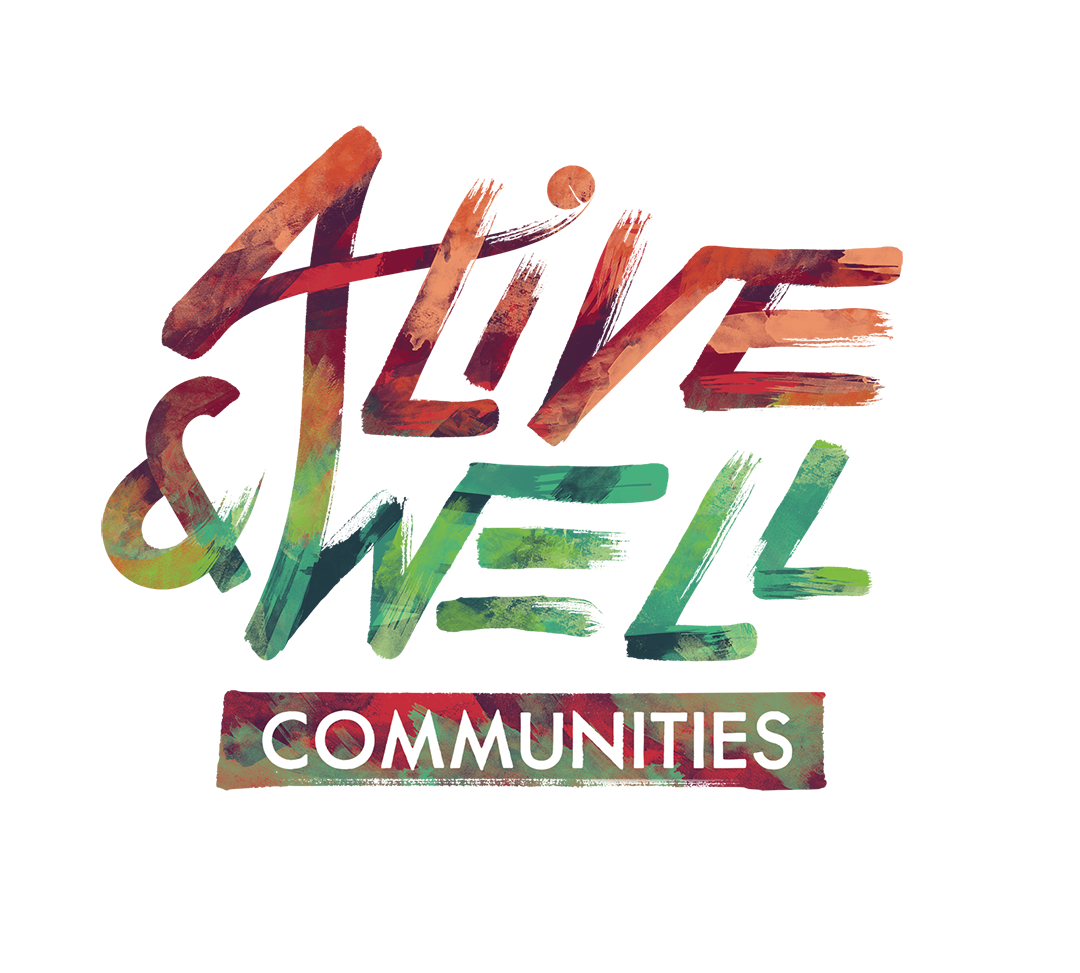ACTIVATING SCHOOLS
with Alive & Well Communities
Using our profound understanding of the educational system as well as many years of experience in the classroom and the halls of education our schools team works in districts across the region helping to build communities of care that are more restorative and trauma informed, impacting the well-being of students, staff, and the entire school community. We do so by being in schools, working side-by-side with educators and scholars alike to help expand the knowledge of trauma and how it shows up in educational spaces as well as helping develop real plans for responding to those unique and individual experiences.
To review our list of offered workshops for schools and districts, please click below:
Healing Schools
What are trauma-informed schools?
Trauma-informed schools are places that provide safe and supportive environments for children to learn and educators to work. They infuse the science about trauma and its impacts into daily practice, program design, policy creation and implementation, and the culture of the school. A trauma-informed school is not simply a school where staff know about trauma, or a school where there is a therapeutic classroom or additional counseling staff. A trauma-informed school fundamentally has changed the way it works to promote healthy, resilient educators and learners capable of disrupting the cycle of trauma in their lives and communities and creating more equitable outcomes.
A trauma-informed journey is best understood as a “through line” to all other programs, practices, and policies. Trauma-informed should not feel like another program to implement, but rather a fundamental shift in HOW programs are implemented. This applies to not only other social-emotional efforts, but also to instruction, parent engagement, and staff well-being.
A school that only addresses the impact of trauma on students will struggle with staff burnout, turnover, and compassion fatigue. The science around trauma is clear: the most powerful resource for young people is a supportive, unwavering relationship with an adult. Adults in schools must be capable of being unwavering supports for students. This means addressing the vicarious and secondary trauma experienced by staff-not as an afterthought, but as a focal point of the trauma-informed journey.
EDUCATION RESOURCES
What is Alive and Well Communities doing?
Across the state of Missouri, we are providing training, technical assistance, and intensive coaching to educators on the trauma-informed journey. Schools are trying innovative techniques to support their staff, students, and community, including:
Universal Trauma Training: Several school districts have or are in the process of completing baseline training with all staff in the district, including teachers, support staff, transportation, food service, administrators, board, etc.
Community Building Practices: Schools are spending more time on proactively building community through morning meetings, community circles, and intentional culture building. This helps students increase their feelings of safety and belonging.
Prioritizing Staff Needs: Schools are working to create changes big and small to support the health and well-being of staff. Some examples include creating a quiet or cool down space just for staff members; allowing teachers to take a break as needed throughout the day to meet biological needs or cool-down through the help of support staff; and providing education about and referrals to Employee Assistance Programs (EAPs).
Changing Discipline: Schools are trying several things to change their discipline approach to better align with the science of trauma, including the use of restorative practices, reducing suspensions, and changing ISS programs to focus on reflection and social and behavioral skill building rather than punitive responses.
Creating Space to Regulate: Many schools are creating sensory, calming, or cool-down spaces that students can opt into to allow them to regulate their emotions and behaviors and return to the classroom ready to learn.
Connecting Community: Schools on the trauma-informed journey are also working to better engage parents by providing them with education about trauma and self-care, involving them in decision-making processes, and addressing their approaches to parent engagement to create more opportunities for positive relationship building.
Leading Change
As the Missouri Model for Trauma-Informed Schools say, “Trauma-informed schools are places that provide safe and supportive environments for children to learn and educators to work. They infuse the science about trauma and its impacts into daily practice, program design, policy creation and implementation, and the culture of the school. A trauma-informed school is not simply a school where staff know about trauma, or a school where there is a therapeutic classroom or additional counseling staff. A trauma-informed school fundamentally has changed the way it works to promote healthy, resilient educators and learners capable of disrupting the cycle of trauma in their lives and communities and creating more equitable outcomes.”
Leaders who not only understand the fundamentals of trauma and trauma awareness but who are also willing to closely examine their own personal practices can successfully affect change at the systems level of education. However, care must also be given to addressing the needs of our educational leaders. This five session program not only offers information on the trauma-informed journey, but also promises to facilitate thought-provoking conversation around how to balance the role and responsibility of a school leader with a trustworthy and reliable support system.
Be a part of a leadership cohort of learning for the 2023-2024 school year. For more information or to register, contact Michele Rausch at mrausch@awcommunities.org (or you can use the info email if you feel like that is better.
Learn More
For more information about support for your school, email info@awcommunities.org


